
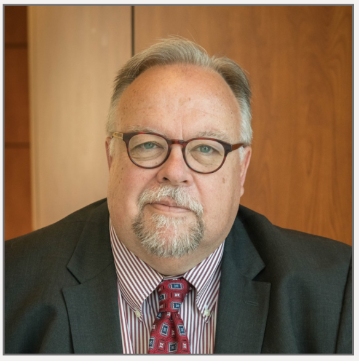
Letter from the Executive Director
A global pandemic, sluggish economies, and increasing disastrous effects of climate change have all made it increasingly difficult to maintain an optimistic outlook for the future. As we reflect on these challenges, look to recover, and re-imagine our future, I think we can agree that having a rational and moral basis for decision making is crucial.
If you want hope for the future, I’d suggest reviewing the work done in the past year by our Hackworth Fellows. These are undergraduate students who spend a year mentored by our staff; writing, researching, and thinking about an ethical issue; and their results are impressive.
These students and the good work done by our staff often reminds me of MLK’s statement: “The time is always right to do what is right.”
We continue to try to do what is right by partnering with the World Economic Forum, highlighting best practices in ethics in large technology firms including IBM, Microsoft, and Salesforce. The hope, of course, is that these can serve as an example to many other companies struggling to find the right path.
Another of this past year’s hallmarks was the center’s work on vaccinations. With funding from the Conrad N. Hilton Foundation and in coordination with Catholic Charities of Santa Clara County, we have produced an array of materials aimed at underserved communities encouraging folks to get vaccinated. This effort includes a website, educational webinars and fliers, and video/TV and radio spots which are airing on different Bay Area stations. Many of these materials were produced in English, Spanish, Mandarin, and Vietnamese.
In the midst of this critical period in history, is there a more important moment for ethics?
Don Heider
Executive Director
Letter from the Advisory Board Chairman
As a longtime student of corporate governance issues, I have been drawn to the Markkula Center for Applied Ethics since its earliest days. The Ethics Center has made an important contribution to learning in this area through its development and dissemination of its ethical decision-making framework. Moreover, the Center’s emphasis on applied ethics, that is, the application of ethical principles to everyday decisions, sets their work apart from more academic or theoretical approaches.
These ethical decision-making principles enable individuals and organizations to analyze key decisions within a proven framework of ethical measurement. They can highlight grey areas and provide important guidance for problem solving when no analogous circumstances, history, or policies are applicable. This pragmatic case-study approach to ethics, along with their framework and extensive collection of resources, is the essence of the Center.
The programs offered by the Ethics Center today do more than highlight case studies. They identify contemporary issues and developments (e.g., artificial intelligence, genetic coding, cryptocurrencies) and can suggest a process to examine ethical issues where no structured approach yet exists. This work is timely, relevant, and highly valuable. The work of the Ethics Center has never been more important and it takes place at a time when the Center has gained a nationwide reputation for excellence. I am honored to lead the Advisory Board during the year ahead as we continue to build upon the Ethics Center’s strong foundation.
Daniel Cooperman
Chairman, Advisory Board
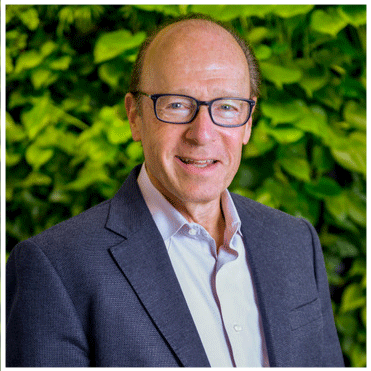
Ethics in Action
Highlights of the Ethics Center’s work from the 2020-21 academic year:
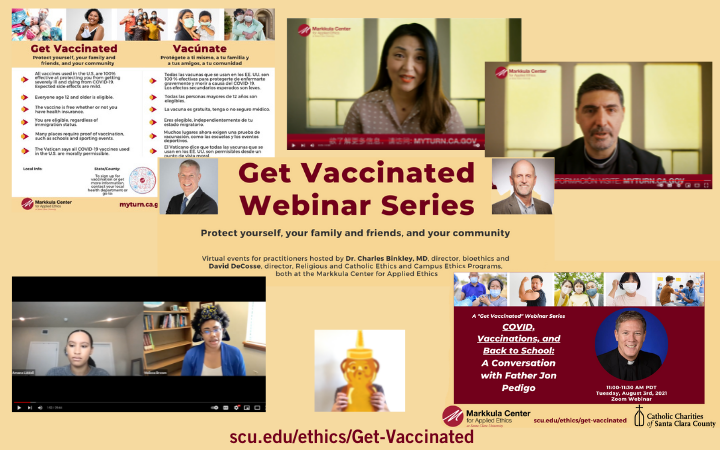
Driving Vaccinations in Underserved Populations
The Ethics Center undertook a coordinated education, marketing, and outreach campaign highlighting the value and ethics of vaccination.
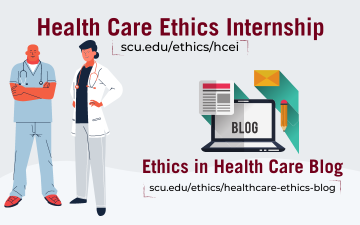
Building for the Future
Students engaged in valuable ethics-focused work now, and building muscles that will play an important role for decades to come.
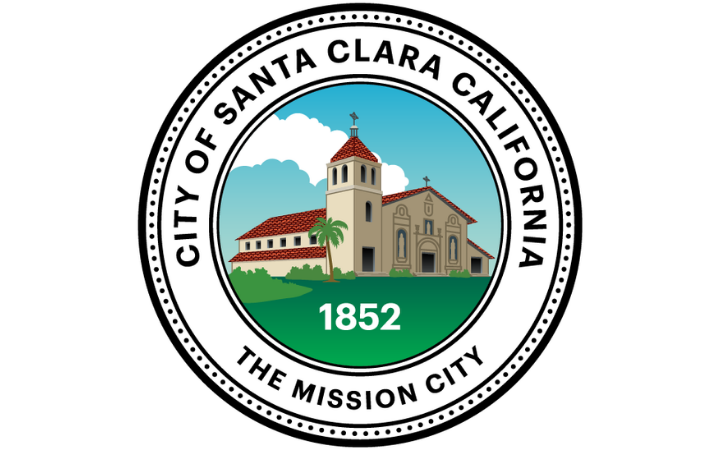
Supporting our Community
The Ethics Center partnered with the City of Santa Clara on a community-based task force on diversity, equity, and inclusion.
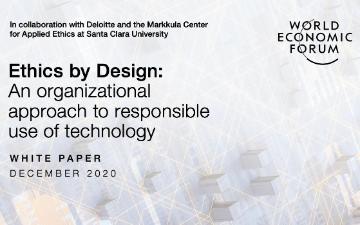
Modeling Responsible Technology
A series of collaborations with the World Economic Forum provides a set of comprehensive recommendations to build and use technology more ethically and responsibly.
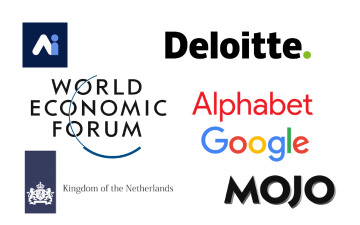
Consultation From the Ethics Center
Mission-driven Fee-for-Service program working with companies and corporations to decipher the ethical dilemmas in their field.
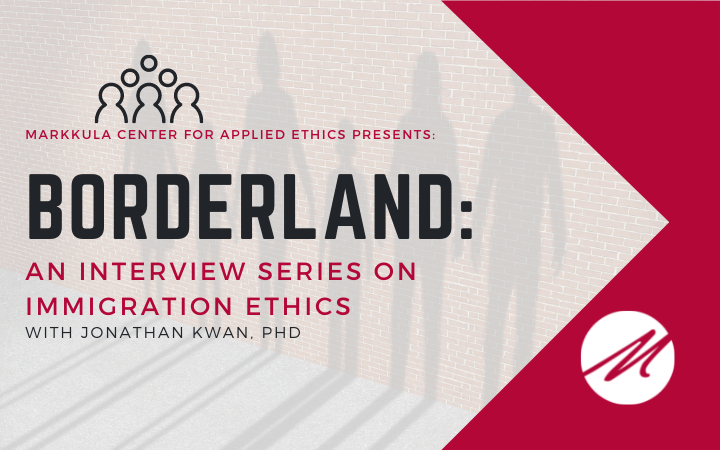
Focusing on Immigration
Resources and ethical analysis on the moral issues that arise from the movement of individuals across borders.
Despite the challenges of a closed campus, the Ethics Center broadened its reach in 2020-21 and reached its constituents in new ways.
A summary of expenses and revenues from 2020-21.
The important work done by the Ethics Center is, in part, made possible by the generous financial support of its donors.
We are guided by an Advisory Board comprised of representatives of major Silicon Valley companies, law firms, and nonprofit organizations.
Program Areas
Ethics is crucial to every professional field, and the Markkula Center for Applied Ethics develops programs, resources, and insights in many disciplines.
Bioethics seeks to resolve moral dilemmas that arise in health care and biotechnology.
Business Ethics is the study of standards of behavior that promote human welfare and the common good within businesses.
Campus Ethics welcomes Santa Clara University students, faculty, and staff into a conversation about applying ethics to the critical issues of our time.
Government Ethics encompasses the duties and obligations one assumes when he or she enters public service, as well as the personal pursuit of running for office.
Immigration Ethics explores the moral issues that arise from the movement of individuals across borders.
Internet Ethics explores topics including online privacy, cybersecurity, social media, data ethics, the digital divide, internet access, and more. And in collaboration with the Technology Ethics program, it also addresses AI ethics and corporate tech ethics development.
Journalism & Media Ethics offers journalists a framework for ethical journalism and uses ethical principles to frame the design and delivery of news, social media, and search products.
Leadership Ethics looks at the issues faced by those in formal leadership roles, as well as personal leadership, which is central to the way they are able to have an impact as leaders.
Religious and Catholic Ethics program seeks to illuminate and comment on the influence of religious and Catholic thought on the ethical dimension of the key issues of our time.
Social Sector Ethics works with both donors and nonprofit organizations themselves in the areas of finance and operations, leadership, fundraising, and engagement with the public.
Technology Ethics addresses issues arising from transhumanism and human enhancement ethics, catastrophic risk and ethics, religion and technology ethics, and space ethics.
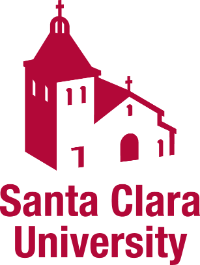
A Santa Clara University Center of Distinction
When Fr. Locatelli formed the Centers of Distinction, he imagined three centers deeply resonant with Santa Clara University’s Jesuit heritage and its practice of forming leaders for a better future for all.
Markkula Center for Applied Ethics brings the traditions of ethical thinking to bear on real-world problems to make choices that respect and care for others.
Ignatian Center for Jesuit Education activates the Jesuit, Catholic character of Santa Clara University by encouraging students, faculty, staff, and community to embrace the Ignatian worldview in reflection, discernment, and action.
Miller Center for Social Entrepreneurship combines the entrepreneurial spirit of Silicon Valley with the Jesuit heritage of serving the poor and protecting the planet to accelerate social enterprises around the world